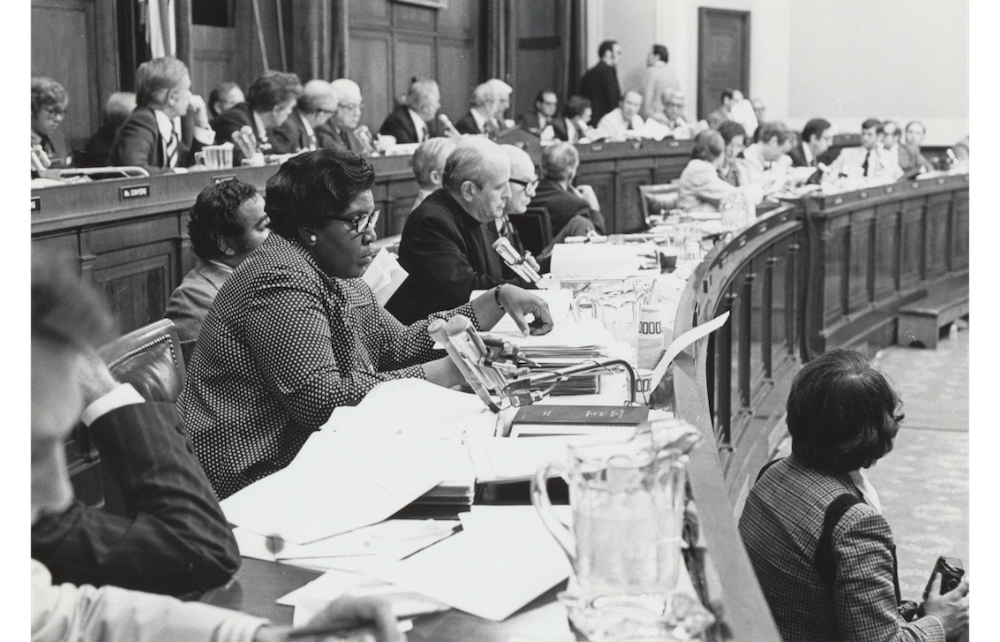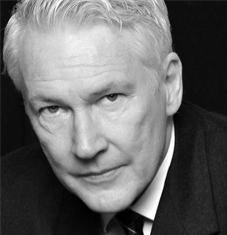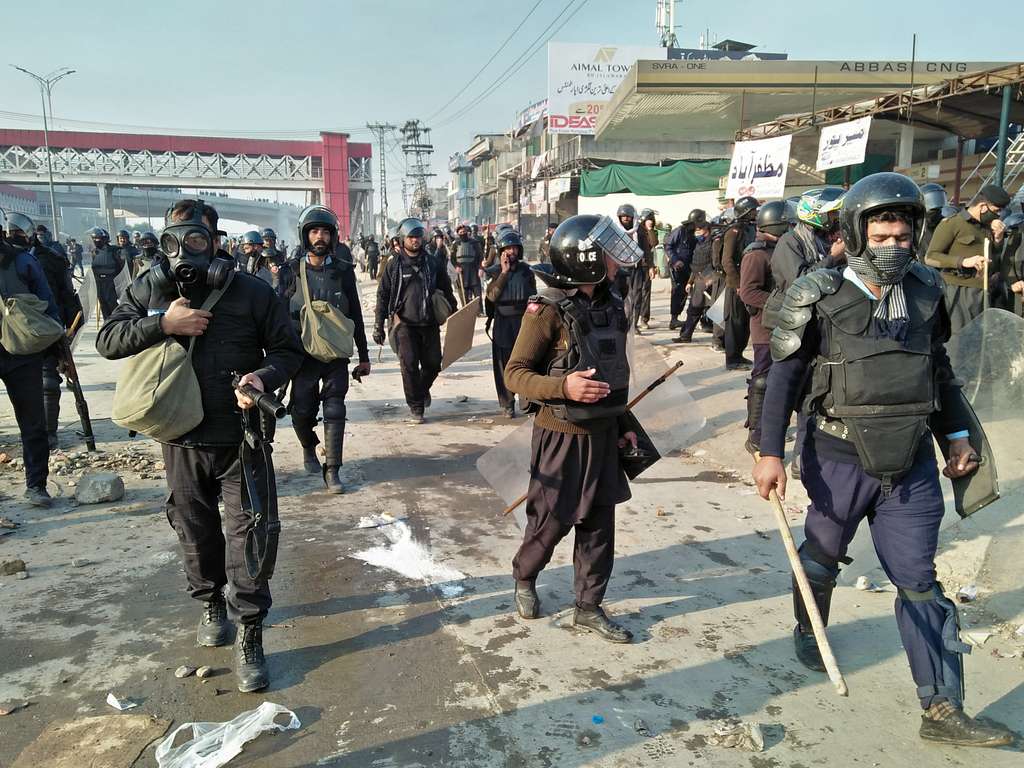Can the President Be Indicted? A Response to Laurence Tribe.
Laurence Tribe has proposed a novel argument to assert that a sitting president can be indicted. Because I feel so strongly otherwise, and because I have such regard for Professor Tribe, I want to reply to his claims.

Laurence Tribe has proposed a novel argument to assert that a sitting president can be indicted. Because I feel so strongly otherwise, and because I have such regard for Professor Tribe, I want to reply to his claims.
Professor Tribe argues, very roughly, first that it is imperative that the Constitution be construed to permit indictment—as is clearly contemplated by the language of Article I, Section 3—before a president is impeached, because otherwise the president’s successor following impeachment will simply pardon him, putting his crimes beyond the reach of the law. Second, the Justice Department policy against indictment, as set out in opinions by the Office of Legal Counsel (OLC), should not be conclusive as to the question of the president’s vulnerability to indictment because a mere departmental policy cannot override a constitutional imperative. And, third, in any case, OLC’s rationale—that the president doesn’t have time to be devoted to defending a criminal indictment—is spurious in light of the fact that impeachment is equally time-consuming yet constitutionally unquestioned.
Let me address these points in order.
(1) Professor Tribe’s argument depends on an artful reading of Article I, Section 3, which provides that “the Party convicted [by the Senate in an impeachment proceeding] shall nevertheless be liable and subject to indictment.” The natural import of these words—their textual meaning to the ordinary reader—would assume, I think, that “the Party convicted” must be someone who has in fact been convicted, i.e., who has gone through an impeachment process prior to being subject to indictment.
Professor Tribe’s point, however, ignores the plain import of the text and relies instead on an implied intent. He believes that it would thwart the intentions of the framers—who clearly contemplated liability to indictment—if a president had to be convicted by the Senate first, because this would only bring to power his vice president, who could be counted on to pardon the impeached president and thus render him immune from prosecution.
This argument depends upon some debatable assumptions. To begin with, it assumes that vice presidents, who must then serve out the disgraced president’s term, can be confidently counted on to pardon their predecessors. The example of Gerald Ford, which Professor Tribe cites, might go the other way: Ford’s reelection is widely assumed to have been doomed by his pardon of Richard Nixon, hardly an incentive to future vice presidents contemplating a pardon for a humiliated and disdained former president. Professor Tribe also takes for granted that if the new president were inclined to pardon his predecessor, he would abandon such a course of action if the impeached president were subject to an indictment. I see no basis for this conclusion, and it calls to mind the phrase “swallowing the camel and straining at the gnat,” for surely a successor who was willing to take the heat for pardoning his disgraced and impeached predecessor would not be deterred by the technicality that the predecessor was subject to an indictment. Indeed, presumably the current president must assume that an indictment is forthcoming in any event—otherwise, why pardon?
Finally, Professor Tribe assumes that the president’s crimes are not subject to state prosecution, for which a presidential pardon is ineffectual. In fact, ignoring the prospect of state prosecutions is perhaps the greatest vulnerability to Tribe’s suggestion, as we shall see in (3) below.
(2) The importance of the OLC opinion goes beyond the fact that it states the governing Justice Department policy to which officials of the department—including the special counsel—are required to adhere. Of course a policy can be changed, and of course it must give way to a constitutional requirement to the contrary. It is rather that the OLC opinion is itself a compendium of constitutional arguments, not unlike a court’s opinion, which, with one exception, Professor Tribe ignores. Besides the textual argument noted above, there are important structural arguments (I cannot bring myself to believe that the U.S. Constitution would permit state grand juries to preempt the impeachment process by indicting presidents) and historical arguments (which are noted in “Impeachment: A Handbook,” Black and Bobbitt; see pages 112 and 136).
(3) The one argument that Professor Tribe does address is the prudential argument that it is simply impractical to expect a president to handle his responsibilities while defending against a criminal indictment. Clinton v. Jones seems to suggest that, at least in civil matters, this should not be a decisive concern in determining whether to make the president liable to suit. Professor Tribe observes that impeachment is hardly without its demands on the time of the president, yet no one doubts that this is a burden to which he is subject.
Leaving aside my considerable doubts about the wisdom of Clinton v. Jones, doesn’t Professor Tribe’s impeachment point cut the other way? Yes, the Constitution allows the diversion of the president’s attention when a majority of the U.S. House of Representatives has voted to summon him to a trial. But that is a very high hurdle. Are Americans similarly willing to do so when the vote is by a majority of a grand jury—of which there are a great many in this country, as there are a number of zealous state and district attorneys?
Tribe’s argument regarding the indictment of a sitting president is ingenious and original. I just don’t agree with it.



.jpg?sfvrsn=407c2736_6)

